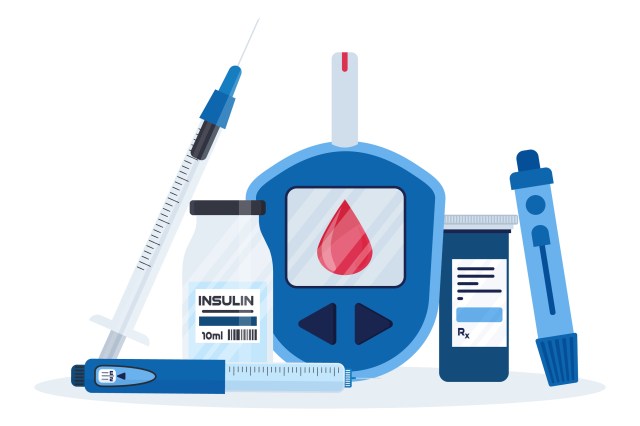Course Summary
Coronavirus disease 2019 is a potentially serious condition caused by SARS-CoV-2. Medical experts are studying important questions regarding diabetic patients who are also infected with SARS-CoV-2. It is important for clinicians to know whether diabetic patients are more likely than non-diabetic patients to have COVID-19, and whether the disease will be more serious because of the presence of diabetes. These patients may also be diagnosed with diabetic ketoacidosis, hyperosmolar hyperglycemic state, or euglycemic diabetic ketoacidosis. Treating hyperglycemia is one of the biggest challenges in patients who have COVID-19. Diabetic patients may require admission to an ICU and they tend to have a longer hospital stay. Treatment of a diabetic patient with COVID-19 also involves decisions regarding the use or continued use of antidiabetic medications.
Course Format
Homestudy
Course Syllabus
- Introduction
- Overview of COVID-19 Pandemic
- Epidemiology: COVID-19, Diabetes and Obesity
- Infection and Pathophysiology
- ACE2 Expression
- Dysregulated Immune Response
- Cytokine Storm
- Pulmonary Dysfunction
- Glycemic Control and Insulin Resistance
- Glycemic Complications
- Diabetic Ketoacidosis and Hyperosmolar Hyperglycemic State
- Hyperglycemia and Insulin Resistance
- Euglycemic Diabetic Ketoacidosis
- Can COVID-19 Cause Diabetes?
- Treatment of Uncomplicated Diabetes
- Basic Care
- Glycemic Control: Glucose Level
- Pharmacotherapy
- Glycemic Control in Comorbid Diabetes and COVID-19
- Metformin
- Sulfonylureas
- Dipeptidyl peptidase-4 (DPP-4) inhibitors
- GLP-1 receptor agonists
- Thiazolidinediones
- SGLT2 Inhibitors
- Insulin
- Treatment of Diabetic Complications
- Nutrition
- Obesity
- Summary
Authors
Noah H. Carpenter, MD
Dr. Noah Carpenter is a Thoracic and Peripheral Vascular Surgeon. He completed his Bachelor of Science in chemistry and medical school and training at the University of Manitoba. Dr. Carpenter completed surgical residency and fellowship at the University of Edmonton and Affiliated Hospitals in Edmonton, Alberta, and an additional Adult Cardiovascular and Thoracic Surgery fellowship at the University of Edinburgh, Scotland. He has specialized in microsurgical techniques, vascular endoscopy, laser and laparoscopic surgery in Brandon, Manitoba and Vancouver, British Columbia, Canada and in Colorado, Texas, and California. Dr. Carpenter has an Honorary Doctorate of Law from the University of Calgary, and was appointed a Citizen Ambassador to China, and has served as a member of the Indigenous Physicians Association of Canada, the Canadian College of Health Service Executives, the Science Institute of the Northwest Territories, Canada Science Council, and the International Society of Endovascular Surgeons, among others. He has been an inspiration to youth, motivating them to understand the importance of achieving higher education.
Dana Bartlett, RN, BSN, MSN, MA, CSPI
Dana Bartlett is a professional nurse and author. His clinical experience includes 16 years of ICU and ER experience and over 27 years as a poison control center information specialist. Dana has published numerous CE and journal articles, written NCLEX material, textbook chapters, and more than 100 online CE articles, and done editing and reviewing for publishers such as Elsevier, Lippincott, and Thieme. He has written widely on the subject of toxicology and was a contributing editor, toxicology section, for Critical Care Nurse journal. He is currently employed at the Connecticut Poison Control Center. He lives in Wappingers Falls, NY.


